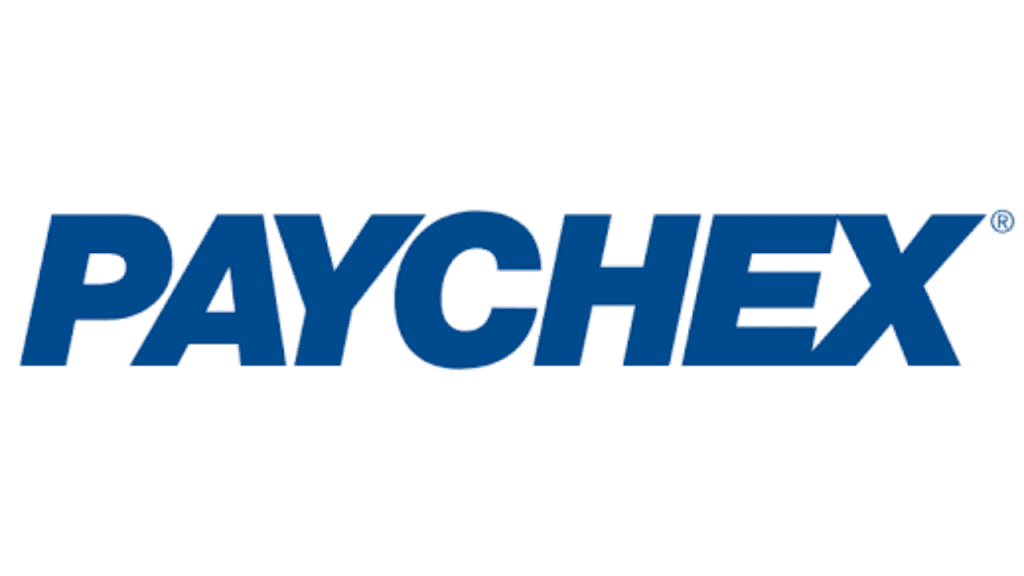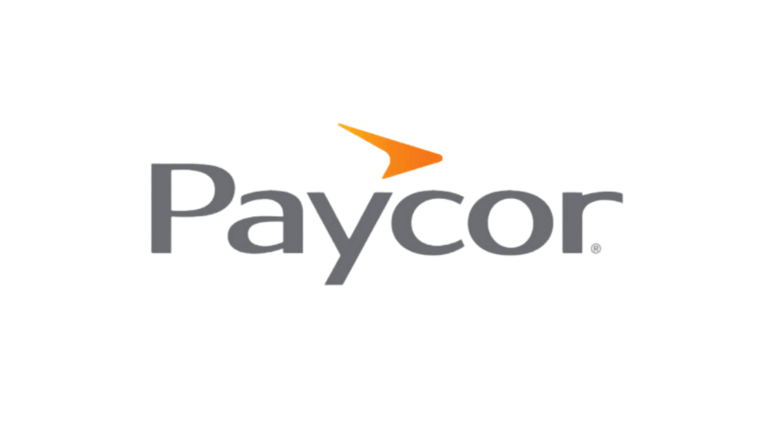


Big changes are coming for Paycor clients. Paychex has officially bought Paycor, and this news matters to small trucking companies. If you’re currently using Paycor or transitioning to it, you need to know that Paychex will require you to switch to their system in the coming months.
This forced transition will feel frustrating, especially for trucking companies that have struggled with Paychex in the past. Many have had bad experiences with their generic payroll system and lack of personalized support. Now, Paycor clients who hoped for better will find themselves back where they started.
In this article, we’ll explain what this acquisition means for small trucking companies, why Paychex may not be the right fit for your business, and what you can do to stay ahead of potential challenges.
What the Paychex Paycor buyout Means for Your Trucking Payroll
When a major acquisition like this happens, small businesses—especially trucking companies—often feel the ripple effects the hardest. For Paycor clients, the news of Paychex’s takeover brings both uncertainty and frustration, particularly for those who left Paychex in search of better solutions. Here’s what small trucking companies need to know about this transition.
Forced Transition to Paychex
If you’re using Paycor, this acquisition means you’ll have to switch to Paychex’s payroll system in the coming months. For many trucking companies, this is a frustrating change, especially if you moved to Paycor to get away from Paychex in the first place. The forced transition means you’ll need to adapt to Paychex’s generic processes, which are not designed for trucking.
History of Poor Experiences
Small trucking companies have shared countless stories of bad experiences with Paychex. From handling payroll errors poorly to offering limited customer support, many trucking companies have been disappointed by their service. This history makes the news of Paychex’s acquisition particularly troubling for Paycor clients who were hoping for a better experience.
Why This Transition Could Be Disruptive
Switching payroll systems is never easy, but for trucking companies, it’s even more complex. Paychex’s one-size-fits-all approach often fails to address the unique needs of the trucking industry, like mileage-based pay, per diem, and multi-state tax compliance. This can lead to errors, delays, and significant disruptions to your business operations.
Understanding these challenges is the first step, but it’s equally important to explore why Paychex’s approach to payroll doesn’t work for trucking companies—and what you can do about it.
What the Paychex Paycor buyout Means for Your Trucking Payroll
Paychex’s generic payroll software doesn’t meet the unique needs of trucking companies, such as mileage-based pay, per diem, and multi-state taxes. Its reliance on automation and lack of industry expertise leaves many trucking companies unsupported when issues arise. For more details, check out our article on why Paychex isn’t built for trucking payroll.
What Trucking Companies Can Do Now
If you’re a small trucking company using Paycor, we understand how frustrating this news can be. Many trucking companies have already dealt with Paychex’s one-size-fits-all approach, and being forced back into their system may feel like a step backward. Your business isn’t like every other—your payroll needs are unique, and your drivers count on accurate, transparent payroll every time.
Evaluate Your Current Payroll Provider
Take an honest look at whether Paychex can truly meet your needs. If you’re already experiencing issues, ask yourself whether this forced transition will improve your situation or add new challenges.
Consider Alternatives Built for Trucking
You don’t have to settle for a payroll provider that doesn’t understand your industry. At Superior Trucking Payroll Service, we’re proud to offer fully customizable solutions designed specifically for trucking companies. Our software can handle exports from most TMS systems and display detailed load information directly on paystubs. We make your payroll process smoother and stress-free—adapting to your business, not the other way around.
Be Proactive About the Transition
If switching to Paychex is unavoidable, take steps to minimize disruptions. Stay organized, ask questions, and keep detailed records throughout the transition process to prevent mistakes and ensure compliance.
While this transition may feel overwhelming, there’s still time to make the right choice for your business and ensure your payroll system works for you—not against you.
How Trucking Companies Can Avoid Payroll Headaches
At the end of the day, Paychex’s acquisition of Paycor creates uncertainty for small trucking companies. If you are being forced to transition to a system that doesn’t meet your needs, it’s time to take action. The challenges of Paychex’s generic payroll services are well-documented, and this transition may only add more stress to your already busy operation.
We understand how frustrating and overwhelming payroll can be, especially when your provider doesn’t prioritize your unique needs. That’s why Superior Trucking Payroll Service exists: to simplify your payroll, ensure accuracy, and provide the personal support you deserve.
The good news is you don’t have to settle. By choosing a payroll partner that’s designed specifically for trucking, you can avoid errors, stay compliant, and build trust with your drivers. Superior Trucking Payroll Service offers the tailored solutions, expert support, and flexibility you need to keep your business moving forward.
Written by Melisa Bush
With over 15 years of experience in the trucking industry, Melisa is well-versed in the complexities of trucking payroll and adept at navigating special circumstances. Before joining Superior Trucking Payroll Service, Melisa worked at a trucking company, where she managed driver miles and expenses for a fleet of 50 trucks. This hands-on experience gives her unique insight into the challenges our clients face when preparing their payroll data.
Melisa’s top priority is customer service. She strives to treat each client as an individual with genuine needs, rather than just another number in the system. Her goal is to alleviate the burdens of our clients and make their daily operations smoother.

